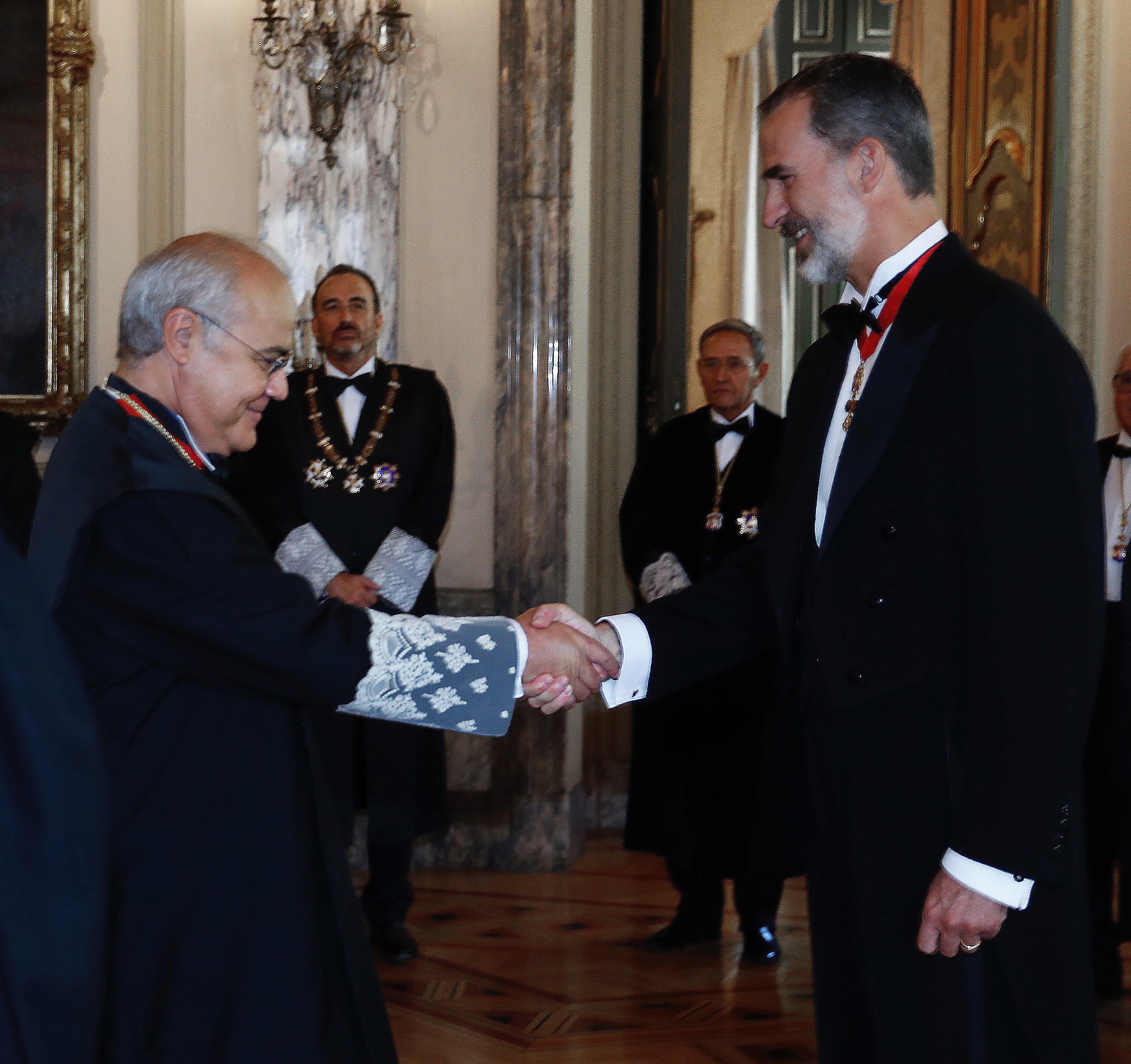The Spanish Supreme Court doesn't want the trial following last year's independence push in Catalonia "to stretch out eternally" and wants it to start "as soon as possible". The idea is that it should start between the end of November and start of December, with the sentences to come before spring.
The general idea is to go to trial "as soon as possible" as there are people in pretrial detention. Moreover, "the court wants to finish with it already", the extent of working on "intense" logistics so that the trial "is quick and doesn't drag out eternally", according to legal sources.
It's expected morning and afternoon sessions will be held to speed up the hearing. Whilst the parties finalise their filings, organisational and logistical problems are being resolved, since the Supreme Court "isn't set up for cases like this".
The court is also trying fit this trial in before the trial against senior police leadership, including Josep Lluís Trapero, the former head of the Mossos d'Esquadra, the Catalan police, at the National Audience court. The idea is establish precedent for the second case.
Prosecutors' criteria
Before setting a date for the hearings, prosecutors have to file their accusations. Sources say these will be ready at the end of September or beginning of October, although it's still unknown whether they will point towards rebellion or sedition.
Spain's attorney general, in his speech to open the legal year, has suggested that they will not submit to pressure or hopes from the Catalan government ahead of political negotiations. Prosecutors are aiming for unanimity in their final criteria, not only between the four at the Supreme Court, but also those at the National Audience. They're looking to coordinate between the two cases, before tackling the action of each suspect individually.
A trial without the exiles?
A number of those charged in the case, including president Carles Puigdemont, will have been abroad for over a year when it goes to trial. The question remains of how that trial will be handled, with some of the accused present and others in exile.
Courts in both Belgium and Germany had refused extradition over the charges of rebellion against the exiles. Instructing judge Pablo Llarena then withdrew the European Arrest Warrants against them all.
Sources from the General Council of the Judiciary have strongly criticised European authorities, going as far as saying the international judges "have clearly crossed the line".

